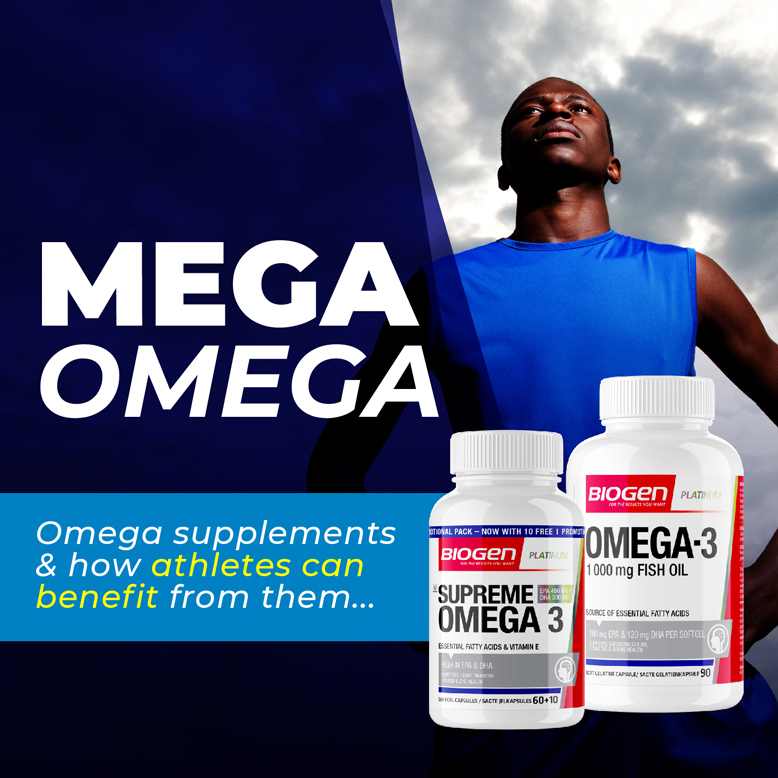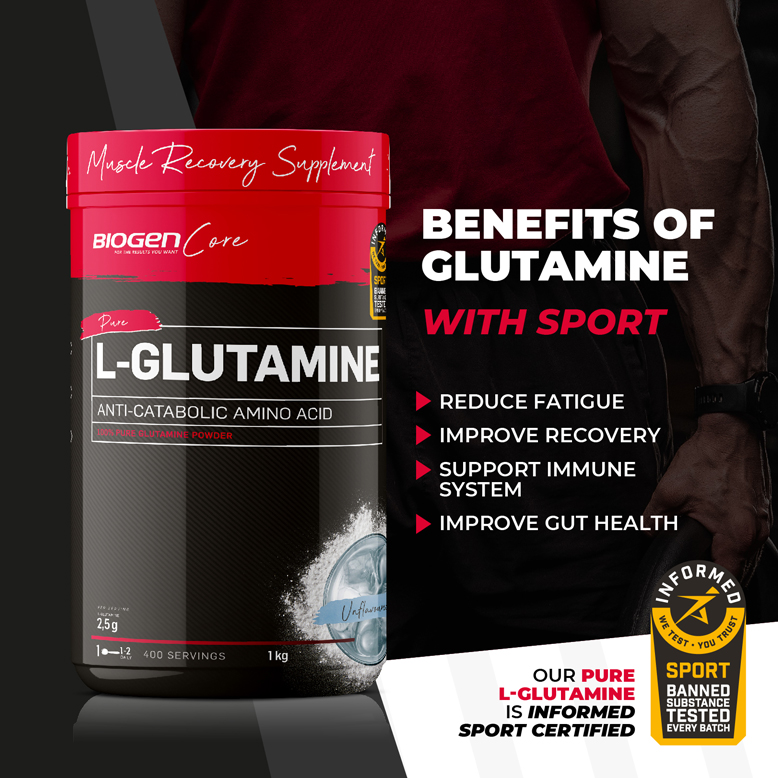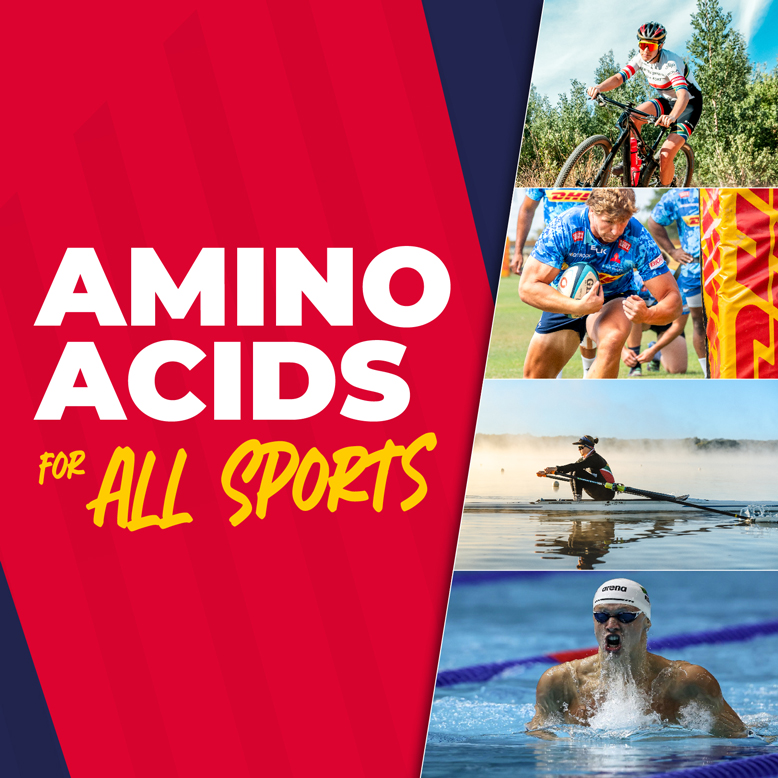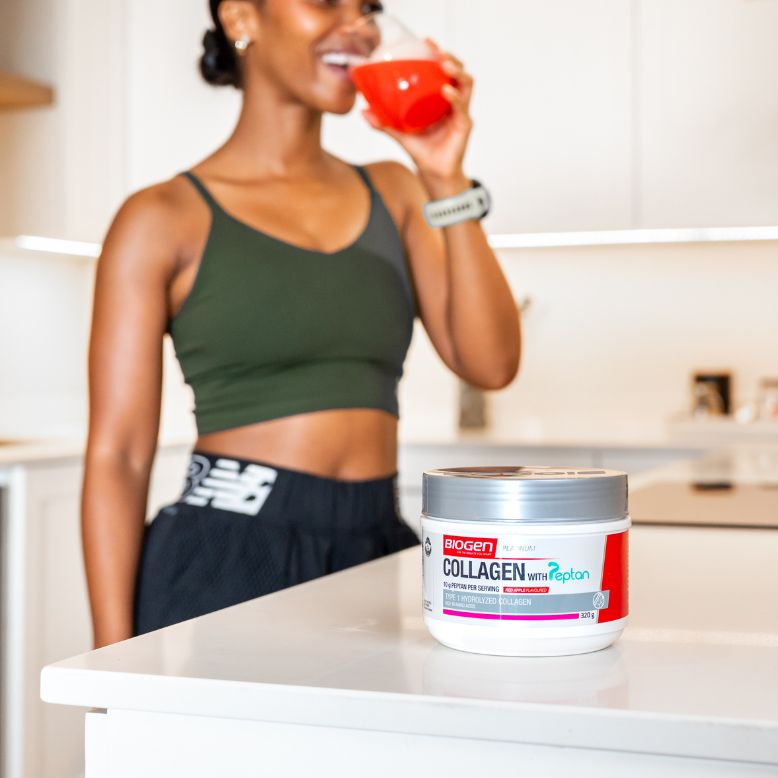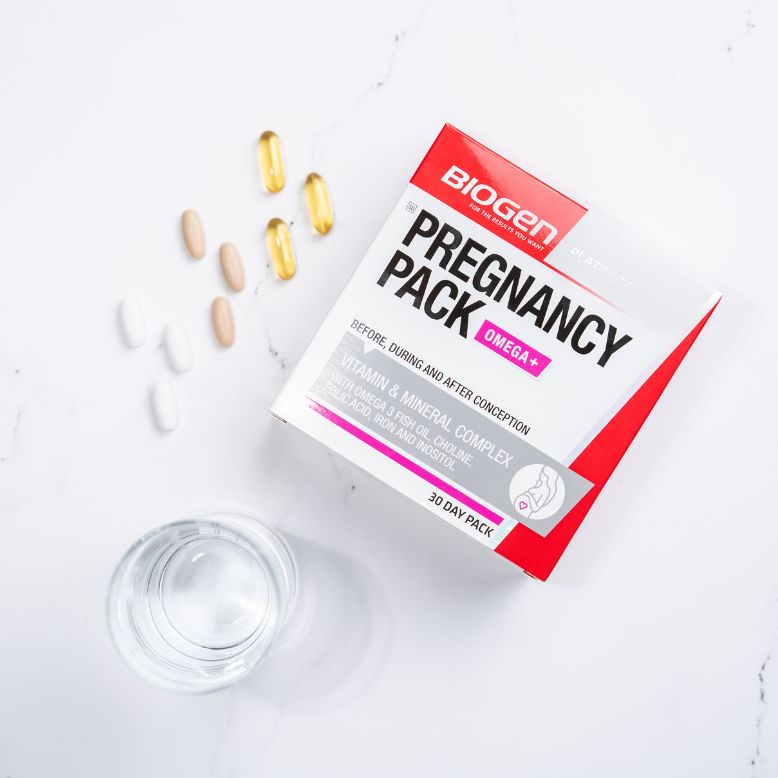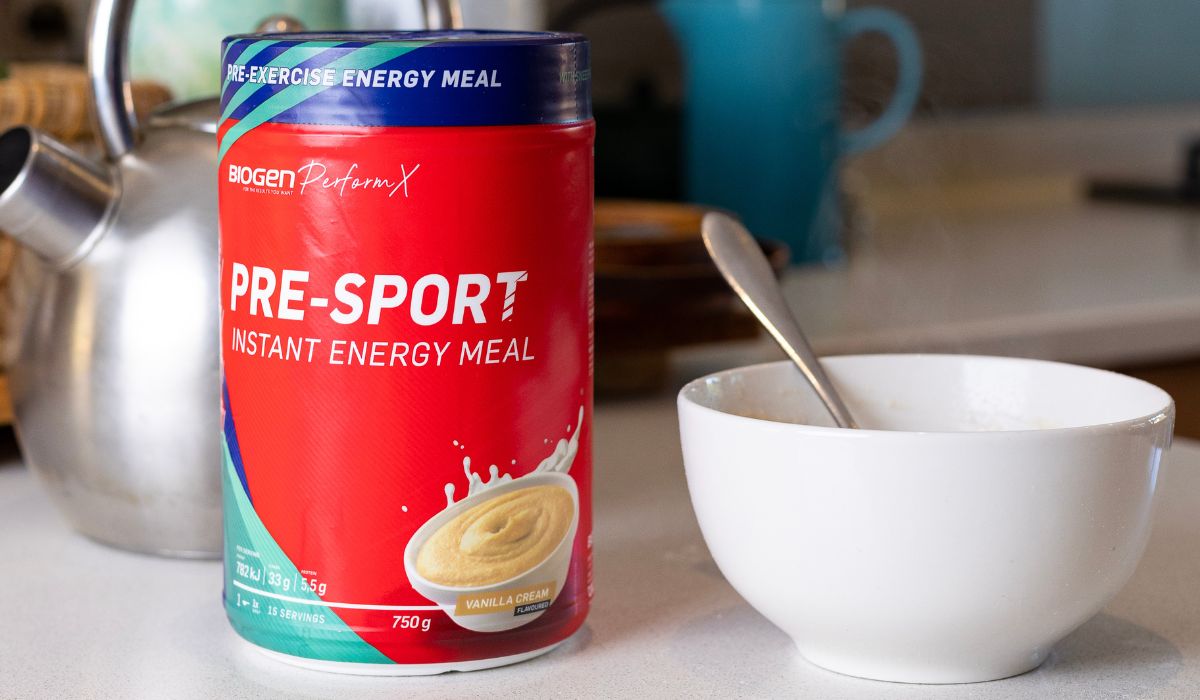
Every effective race-day nutrition plan should include a variety of high-octane fuel sources.
Every effective race-day nutrition plan should include a variety of high-octane fuel sources from food and supplements to provide ample energy throughout the event but neglecting your pre-race meal is a rookie mistake.
A solid breakfast with the right combination of macronutrients lays the foundation for a solid race-day fuelling strategy by topping up energy stores and making sure you start with a full tank.
Totally topped up
It is critical to your race-day performance that you start with energy reserves topped up, especially for events lasting more than one hour.
A balanced breakfast should include easily digestible complex carbohydrates that replenish glycogen stores to provide the energy you need in the early stages of a race. Your on-course fuelling plan should then replenish diminishing glycogen levels with regular feeds from energy gels, drinks, bars and chews.
A meal with added protein can also help to limit muscle damage in the early stages of the race to potentially improve your endurance and performance.
The best options for a pre-race meal or snack are foods that are low in fat and fibre but rich in carbs, like oatmeal, whole grain toast, or quinoa, with added protein from sources like eggs, Greek yoghurt, or Biogen Iso-Whey or Plant Based Protein.
However, race day nerves and a lack of time can sometimes make it difficult to prepare and eat a whole food meal. In these instances, specially formulated energy porridges like Biogen Pre Sport Instant Energy Meal offer a convenient and effective option.
Preparing a bowl of Biogen Pre Sport Instant Energy Meal with hot water or milk makes a tasty, easily digestible porridge, with ample energy from high quality carbohydrate sources like sweet potato, oats and rice, along with added protein.
It is also a source of electrolytes to provide your body with salts needed during exercise to aid hydration and potentially prevent cramping.
Depending on when your race gets underway, eating another small meal or snack between breakfast and the start may offer additional benefits. A supplement bar that provides protein and carbs or a carb-protein drink, like new Biogen Cyto Pro, available in a convenient sachet, offer ideal options to maintain a calorie surplus before the race and keep glycogen levels topped up.
Stick with what you know
Whatever option you select, it is important to eat your planned race-day breakfast on multiple occasions before the event to ensure your body is used to it. Nothing new on race day is the oldest rule in the book, no matter the race distance, yet many athletes fail to follow this fundamental advice.
Ideal opportunities to put your breakfast options to the test include before long runs or rides or race-pace training sessions to ensure you don’t experience digestive discomfort. Try different options and combinations to find what works for you and then stick to it.
When testing and retesting your race-day breakfast plan during your training block, aim to eat your chosen meal at the same time of day and in the same conditions to fine-tune your approach and ensure optimal results.
Perfect timing
In addition to your meal composition, timing your pre-race meal is another important consideration as your muscles can only use the energy provided once it is digested.
Eat too early and the meal won’t provide all the potential energy benefits. Eat too late or the wrong meal too close to the start and you could experience digestive issues or an uncomfortably full stomach.
A general guide is to allow about three to four hours for a big meal or one to two hours for a small meal or snack before the start. That might mean an even earlier wake on race day.
Eating a smaller meal of 300-400 calories offers a good balance between meeting your energy requirements and maintaining digestive comfort. With more time before the activity (3-4 hours), athletes can eat more calories.
In this regard, widely accepted scientifically-validated recommendations¹ suggest that athletes consume about 1g of carbohydrate per kilogram of body weight one hour before an activity, 2g/kg if they eat two hours before exercise, and so on up to four hours.
However, the right time to eat is highly individualised due to factors such as your weight, age, gender, metabolic rate, digestive efficiency and sport you are about to compete in.
Biogen Pre Sport Instant Energy Meal nutritional info (per serving):
Energy: 187 calories (782kJ)
Protein: 5.5g
Carbohydrates: 33g
Fat: 2.4g
References:
- Marie Dunford, J. Andrew Doyle. NUTRITION FOR SPORT AND EXERCISE, 3rd Edition. Cengage Learning, 07 Feb 2014 – Medical – 624 pages


